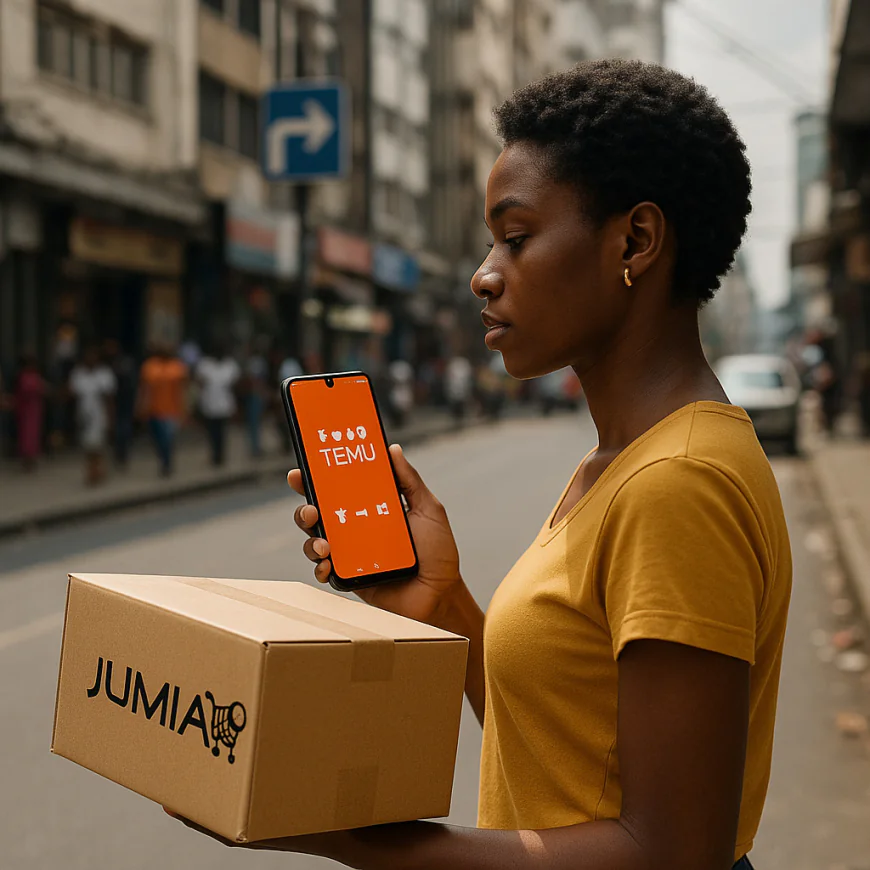Jumia vs. Temu: The Battle for Africa’s Ecommerce Future
Jumia was Africa’s ecommerce leader until Temu entered the market with ultra-low prices and global muscle. This post explores the epic battle for Africa’s digital future and what it means for consumers, startups, and investors.

Jumia was once hailed as “Africa’s Amazon.” But a new player is storming the continent Temu, the Chinese ecommerce juggernaut, known for dirt-cheap prices and lightning-fast shipping.
Africa’s ecommerce market is booming. But there may only be room for one winner.
This is more than a price war it’s a clash between two radically different ecommerce philosophies.
Jumia is playing the long game with local infrastructure and sustainable growth.
Temu is playing speed chess, blitzing markets with ultra-cheap products, global supply chains, and relentless marketing.
What’s at stake? The future of online shopping in Africa.
Jumia: Local Knowledge, Growing Pains
- Built deep local logistics across Nigeria, Egypt, Kenya.
- Navigated mobile money, traffic jams, and low-trust environments.
- Shifted strategy: exited loss-making markets, cut costs, and now chasing profitability.
Jumia’s Q1 2024 earnings showed improvement in margins — but user growth is slowing.
Temu: Discount Blitzkrieg
Temu isn’t just selling socks for $2.
It’s selling the illusion of global ecommerce without borders.
- Huge subsidies = dirt-cheap pricing.
- Free shipping offers to first-time buyers.
- Social-first campaigns targeting young Africans.
Temu treats Africa as its next big conquest, not a long-term community.
The Real Battle: Trust vs. Temptation
Jumia’s strength: Trust, local insight, delivery reliability.
Temu’s strength: Price, scale, and aggressive customer acquisition.
This is Africa’s Shopee vs. Lazada moment and only one platform will own the digital shelf space long term.
Insight for Business Minds
If Jumia can innovate without burning cash, it might win on durability.
But if Temu continues pouring money into logistics and brand awareness, it could turn Jumia into a niche player in its own home market.
Africa’s ecommerce battleground will determine who controls:
- Consumer loyalty
- Last-mile delivery dominance
- Cross-border payment innovation
Would you rather support local ecommerce or chase global discounts?
Drop your thoughts in the comments and tag someone who shops online often in Africa.
Let’s debate the future


